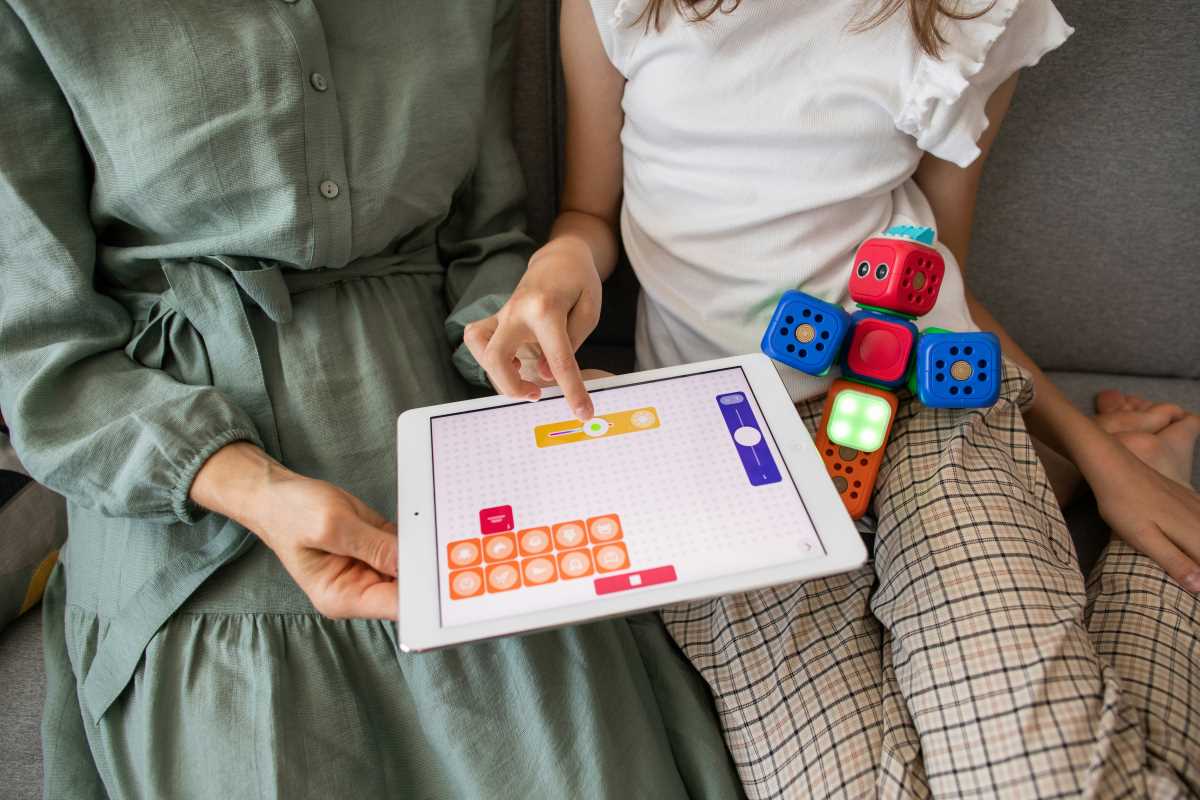Coding has become an essential skill in the digital age, helping young learners think critically and solve problems creatively. As technology continues to shape the modern world, coding has emerged as a fundamental literacy that empowers children to understand and influence the systems around them. It fosters logical reasoning, perseverance, and creative expression—skills that extend far beyond computer science. For homeschoolers, incorporating coding into the curriculum offers a unique opportunity to design personalized, engaging lessons that align with each child’s learning style and pace. This flexibility allows parents and educators to introduce complex concepts through interactive tools, hands-on projects, and real-world applications. Unlike traditional classroom settings, homeschooling enables learners to dive deeper into subjects that spark their curiosity, and coding is often a gateway to exploring innovation, design, and entrepreneurship. By starting early, students not only gain technical skills but also build confidence in their ability to tackle challenges and think like problem-solvers. As such, coding becomes more than a subject—it becomes a mindset that supports lifelong learning.
Understanding the Basics
- Algorithms and sequencing: Learning how to create step-by-step instructions to solve problems.
- Variables and data types: Understanding how to store and manipulate information in programs.
- Loops and conditionals: Exploring control structures that enable repetitive actions and decision-making.
- Functions and modularity: Breaking down complex tasks into manageable, reusable code blocks.
- Debugging and problem-solving: Identifying and fixing errors to ensure code runs smoothly.
Grasping these fundamental concepts lays the groundwork for more advanced programming skills. Starting with the basics ensures that young learners build a strong foundation, making it easier to tackle more complex projects in the future.
These key concepts not only teach coding but also enhance logical thinking and attention to detail, which are valuable skills across all areas of learning.
Online Coding Platforms
Numerous online platforms offer comprehensive coding courses tailored for homeschoolers. These platforms provide structured lessons, interactive exercises, and support to help young learners master programming languages.
- Code.org – Features a wide range of free courses for different age groups, interactive tutorials, and engaging activities that make learning to code enjoyable.
- Khan Academy – Offers in-depth courses on computer programming, including JavaScript and SQL, with practice exercises and instructional videos.
- Tynker – Provides game-based learning environments where students create their own games and apps while developing coding skills.
- Scratch – Developed by MIT, Scratch allows young learners to create animations and stories using a visual programming language, perfect for beginners.
- Coursera – Hosts a variety of coding courses from top universities, suitable for homeschoolers seeking more structured and in-depth learning experiences.
These platforms cater to different learning styles and proficiency levels, ensuring that every homeschooler can find resources that match their needs and interests. Many offer interactive communities where learners can collaborate and share their projects.
Choosing the right platform depends on the learner’s age, current skill level, and specific coding interests. Exploring a few options helps in selecting the best fit to encourage a love for coding.
Interactive Coding Games
Interactive coding games make learning a fun and engaging experience. These games challenge young minds to solve puzzles and complete missions using coding principles, reinforcing their understanding through play.
Games like Minecraft: Education Edition allow students to use coding to create and modify worlds, enhancing creativity and problem-solving skills. Similarly, Robocode lets learners program battle robots, encouraging strategic thinking and application of coding concepts in a competitive setting.
Books and Print Resources
- “Hello Ruby” by Linda Liukas – A creative book that introduces young children to the basics of programming through storytelling and activities.
- “Coding Projects in Scratch” by Jon Woodcock – Guides students through creating their own games and animations using Scratch.
- “Python for Kids” by Jason R. Briggs – A beginner-friendly introduction to Python, providing clear explanations and hands-on projects.
- “JavaScript for Kids” by Nick Morgan – Teaches JavaScript fundamentals with interactive examples and fun exercises.
- “Super Scratch Programming Adventure!” by The LEAD Project – Combines storytelling with practical Scratch projects to engage learners.
These books offer structured learning paths and can be excellent supplements to online courses. They provide detailed explanations, project ideas, and exercises that solidify coding knowledge through practice.
Access to printed materials allows homeschoolers to learn without relying solely on screen time, offering a balanced approach to education.
Community and Support Groups
Engaging with a community significantly enhances the learning experience by providing support, motivation, and opportunities for collaboration. Homeschoolers benefit from connecting with other learners and educators who share an interest in coding.
Joining online forums, local coding clubs, or virtual study groups offers valuable resources and peer support. For instance, platforms like Stack Overflow and GitHub host vibrant communities where learners can ask questions, share projects, and receive feedback. Many areas have homeschooling networks that organize coding workshops and events.
Using community support can further enrich the learning journey, offering insights and advanced learning opportunities.
Project-Based Learning
Project-based learning allows homeschoolers to apply coding skills to real-world scenarios, deepening their understanding of programming concepts. By working on projects, students see the tangible results of their efforts, making learning more meaningful and rewarding.
Suggested projects include developing simple websites, creating mobile apps, designing games, or automating everyday tasks. These projects not only reinforce coding principles but also encourage creativity and innovation, allowing learners to explore their interests and showcase their talents.
Homeschoolers who embrace coding gain valuable tools for the future while enjoying a creative, engaging learning experience.
 (Image source: Midjourney)
(Image source: Midjourney) 





